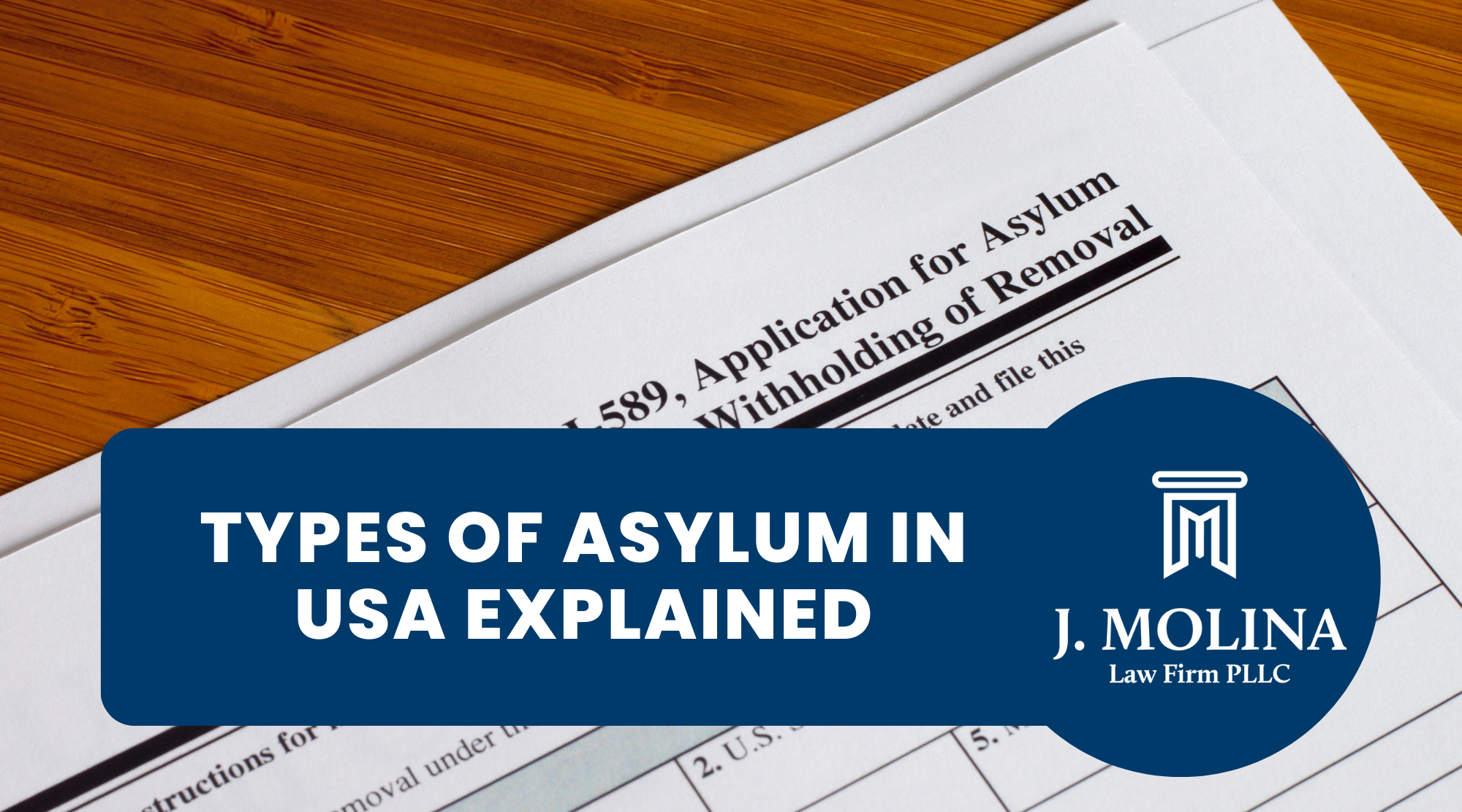Navigating the U.S. immigration system can be challenging, especially if you’ve been deemed inadmissible. But don’t worry—there’s hope! Waivers for inadmissibility offer a way to overcome certain barriers that might otherwise prevent you from obtaining a green card. By understanding the process and requirements, you can take steps toward achieving your goal of legal residency.
What Are Waivers for Inadmissibility?
Waivers for inadmissibility are legal mechanisms that enable individuals who face specific obstacles to request forgiveness and proceed with their green card applications. Common reasons for inadmissibility include unlawful presence, certain criminal convictions, health issues, or even fraud and misrepresentation. With the right waiver, you may still be eligible to build your future in the United States.
Types of Waivers and Eligibility
There are two primary types of waivers used for overcoming inadmissibility:
- Form I-601: This standard waiver is for those outside the U.S. who have been found inadmissible after a visa interview. It applies to issues like unlawful presence, certain criminal offenses, and health-related grounds.
- Form I-601A: Known as the provisional waiver, this option is for individuals unlawfully present in the U.S. It allows applicants to seek forgiveness before leaving the country for their visa interview. This waiver is specifically for unlawful presence, ensuring applicants can remain with their families while their request is processed.
To qualify for these waivers, you’ll need to show that your U.S. citizen or lawful permanent resident spouse, parent, or child would face “extreme hardship” if you were denied admission. Extreme hardship can include financial struggles, emotional distress, or other significant challenges.
How to Apply for a Waiver
Applying for a waiver involves several important steps:
- Determine Eligibility: Identify the grounds for inadmissibility and confirm that a waiver applies to your situation.
- Prepare Supporting Evidence: Collect documentation to prove extreme hardship, such as medical records, financial statements, or letters from professionals.
- File the Appropriate Form: Complete and submit either Form I-601 or Form I-601A to U.S. Citizenship and Immigration Services (USCIS) with all required documents and fees.
- Await a Decision: USCIS will review your application, which may involve requests for additional information before making a decision.
Why Legal Assistance Matters
Not all grounds of inadmissibility are eligible for waivers, and approval depends on the strength of your case. Serious criminal convictions or other complex issues can make the process even more challenging. That’s why having experienced legal support is crucial. A skilled immigration attorney can help you navigate the rules, prepare compelling evidence, and advocate for your waiver.
If inadmissibility is standing in the way of your green card, don’t lose hope. Waivers for inadmissibility can provide a path forward; you don’t have to face the process alone. At J. Molina Law Firm, we’re here to guide you every step of the way. Contact us today for a consultation.



